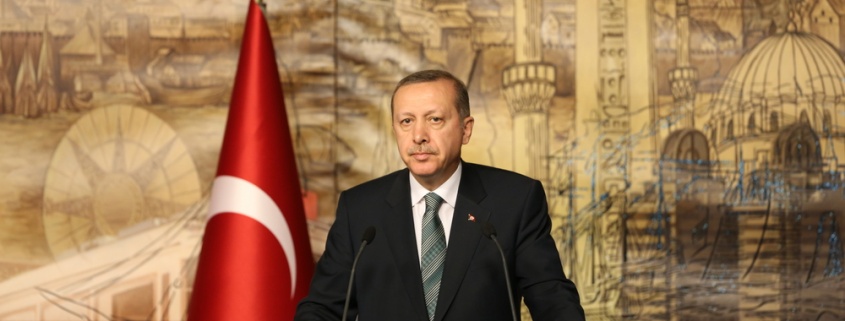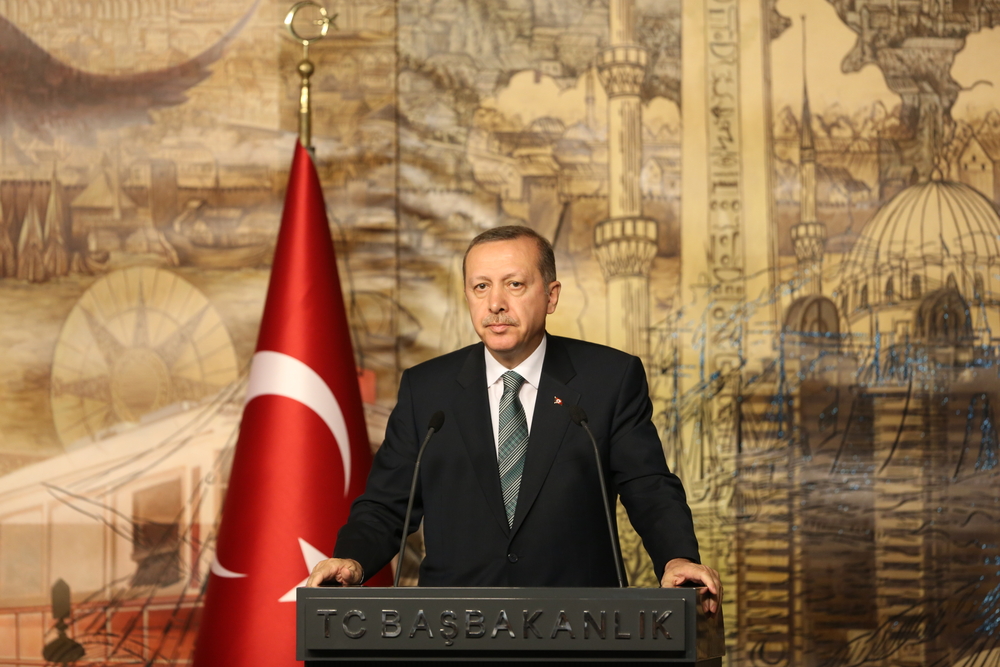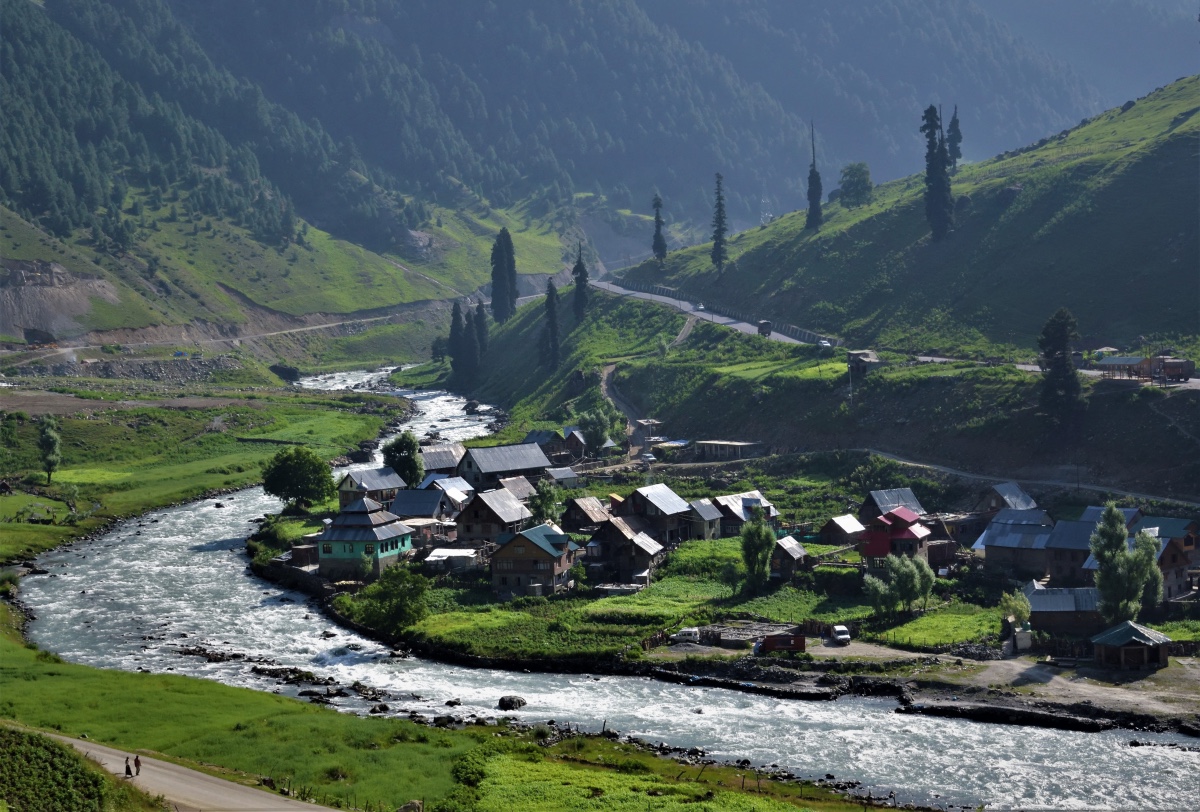Turkey’s Referendum and Constitutional Change: Back to the Future?
by Saeed Khan
April 16, 2017, will mark the Turkish national calendar as the day the country’s political landscape changed forever. The national referendum, called by President Reccep Tayyip Erdogan, passed by a 51.3-48.7 percent margin, allowing the leader to seek sweeping changes to the Turkish Constitution and substantially burnish his office with unprecedented power. Chief among these reforms will be the unprecedented power that will be vested in the office of the President, for the meantime, Erdogan, who will now be permitted to stay in that role conceivably till 2029.
In the process, he has drastically changed a political structure placed by the country’s founder, Mustafa Kemal (Ataturk) who rescued and resurrected Turkey from the ashes of a defeated Ottoman Empire nearly a century ago. For over eighty years, the role of the country’s president was largely ceremonial, with real power resting in the office of the Prime Minister, a position Erdogan held from 2003 to 2014 and is now abolished. With the shift from a parliamentary government to an executive presidency, the nation has transformed its fundamental political character and with it a shift of power from a legislative body to an individual.
Erdogan’s appeal extends well into the Muslim world beyond the borders of his own country. He has a sizable following in the United States. The reasons for such adulation are varied but they seem to have in common the allure of strength. Erdogan has certainly implemented policies and a national ethos that have seen Turkey’s GDP and overall prosperity soar since his 2003 election. He has been nearly singularly generous in the scope of aid he has provided for Syrian refugees, allowing his nation to be a safe harbor for those dispossessed and dislocated. He has been resolute, even defiant to the European Union by dismissing its cynical toying with Turkey for possible membership contingent upon ever changing demands for onerous reforms as a prerequisite to admission.
But perhaps the reason for Erdogan’s broader appeal among many Muslims is the fact that he is unapologetically, explicitly Muslim. He has methodically desecularized Turkish society from its decades-long adherence to Ataturk’s vision of a Turkey where religion was absent from public view and public institutions. He routinely invokes the past glory of the Ottoman Empire, drawing criticisms from his opponents that Erdogan sees himself as a 21st century Ottoman sultan.
At a time where Islam and Muslim identity are contested in many countries, especially in the West, Muslims are drawn to a political leader who openly champions their faith and its expression. They are also willing to overlook what may be disturbing trends toward the concentration of political power in the hands of one person, commonly known as authoritarianism. Erdogan’s critics point out that the first western leader to congratulate his electoral success was President Donald Trump.
For every Muslim who today heralds the referendum results in Turkey as vindication for Erdogan’s muscular Islamic political ethos, there is a multitude who see this development with lament, even anger. For them, it is less about Erdogan’s ideology than it is his methodology of increasing his power. The referendum, though a democratic process, was hardly a definitive mandate, given its thin margin of victory for an issue so critical to the country’s future. It is also a result achieved under a cloud of suspicion of widespread irregularities at the polling booths, including the allowance for ballots that lack official government stamps for authenticity.
Most troublesome is the fact that the referendum occurs after Erdogan’s purge of several sectors of Turkish society- imprisoning thousands of journalists, judges, academics, and bureaucrats under the guise that he needed to rid the influence of religious figure Fethulleh Gulen, who lives in self-imposed exile in the United States. The onetime ally of Erdogan is now the object of scorn and blame, through his followers, for the country’s woes and, allegedly, for last year’s dubious attempted coup.
One clear consequence of Turkey’s national referendum is that it shows few if any, Muslims are ambivalent about the result or of the country. For those who support Erdogan, the outcome is proof of his vision and a revival of one of the Islamic civilizations centers of greatness, strength, and prosperity. But others lament the promise of one of the few modern examples of a Muslim nation that exemplified democracy and the proper marriage of religion and politics and whether that now has been dashed. The pressure will be on Erdogan moving forward if he can deliver on the former while dispelling the fear of the latter. He needs to realize that embarking upon such an unenviable task is meaningless without allowing for public accountability; a factor that may prove to be the most elusive of them all in the new Turkey.



















2017
1,644 views
views
0
comments